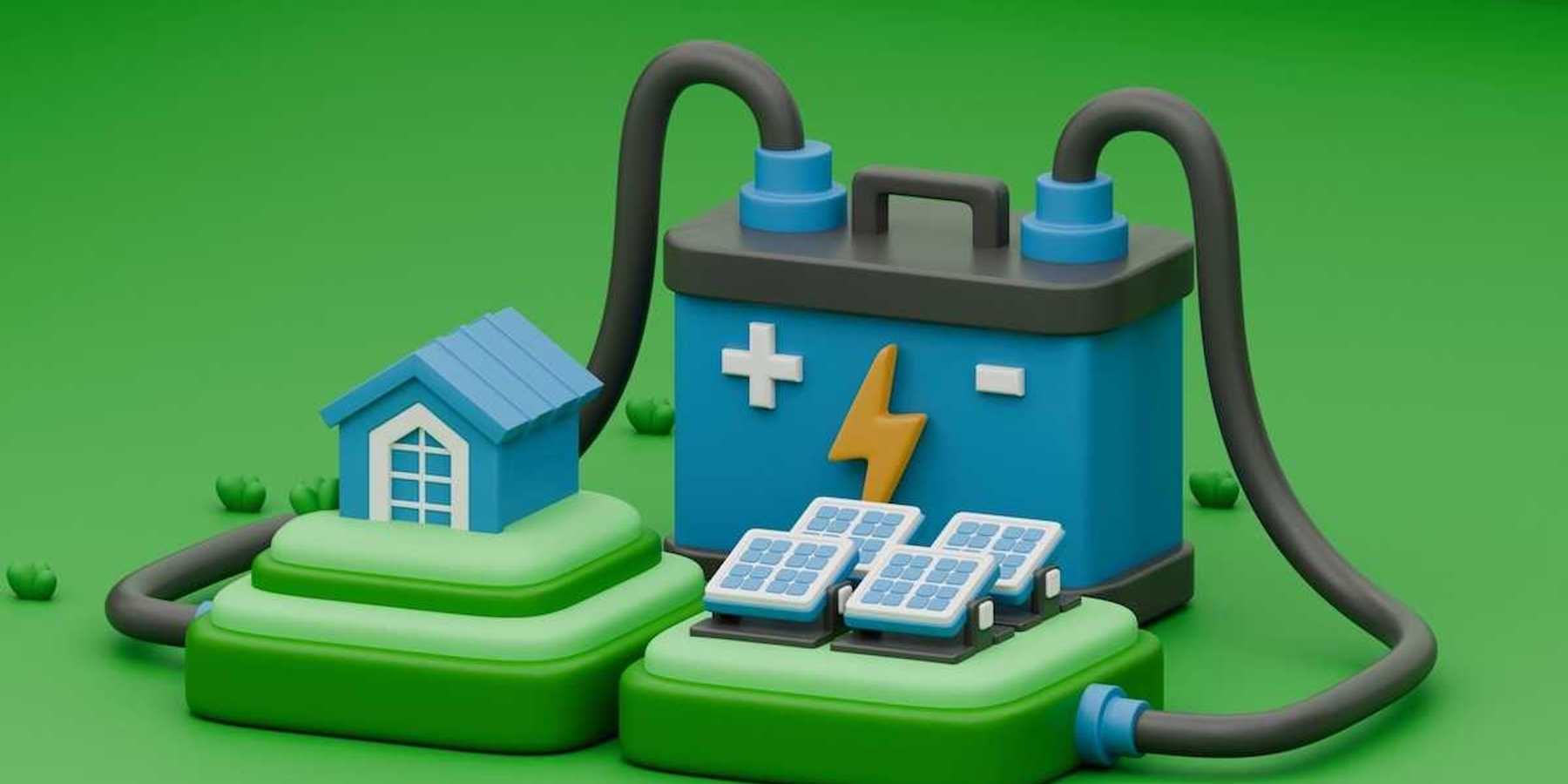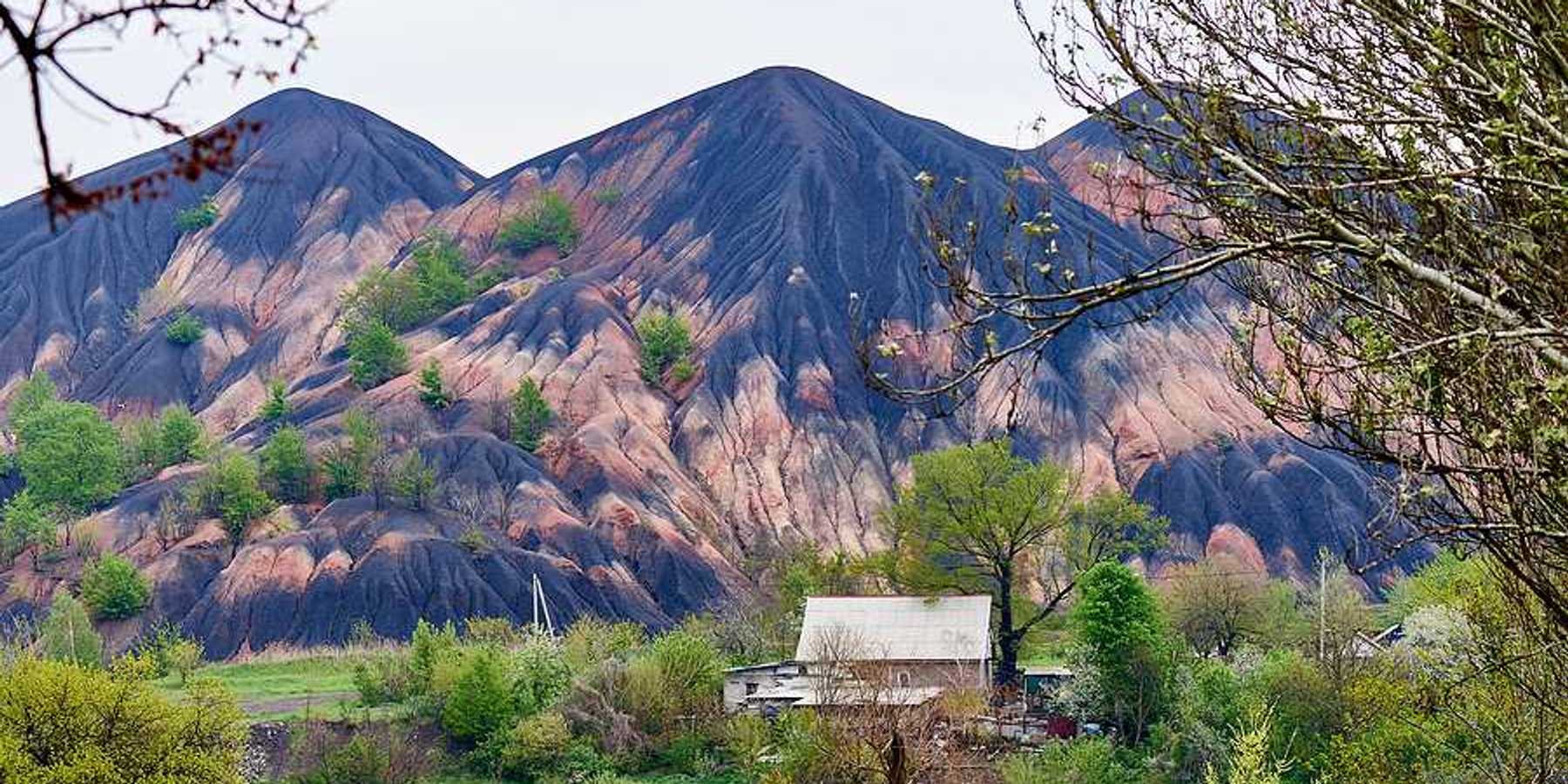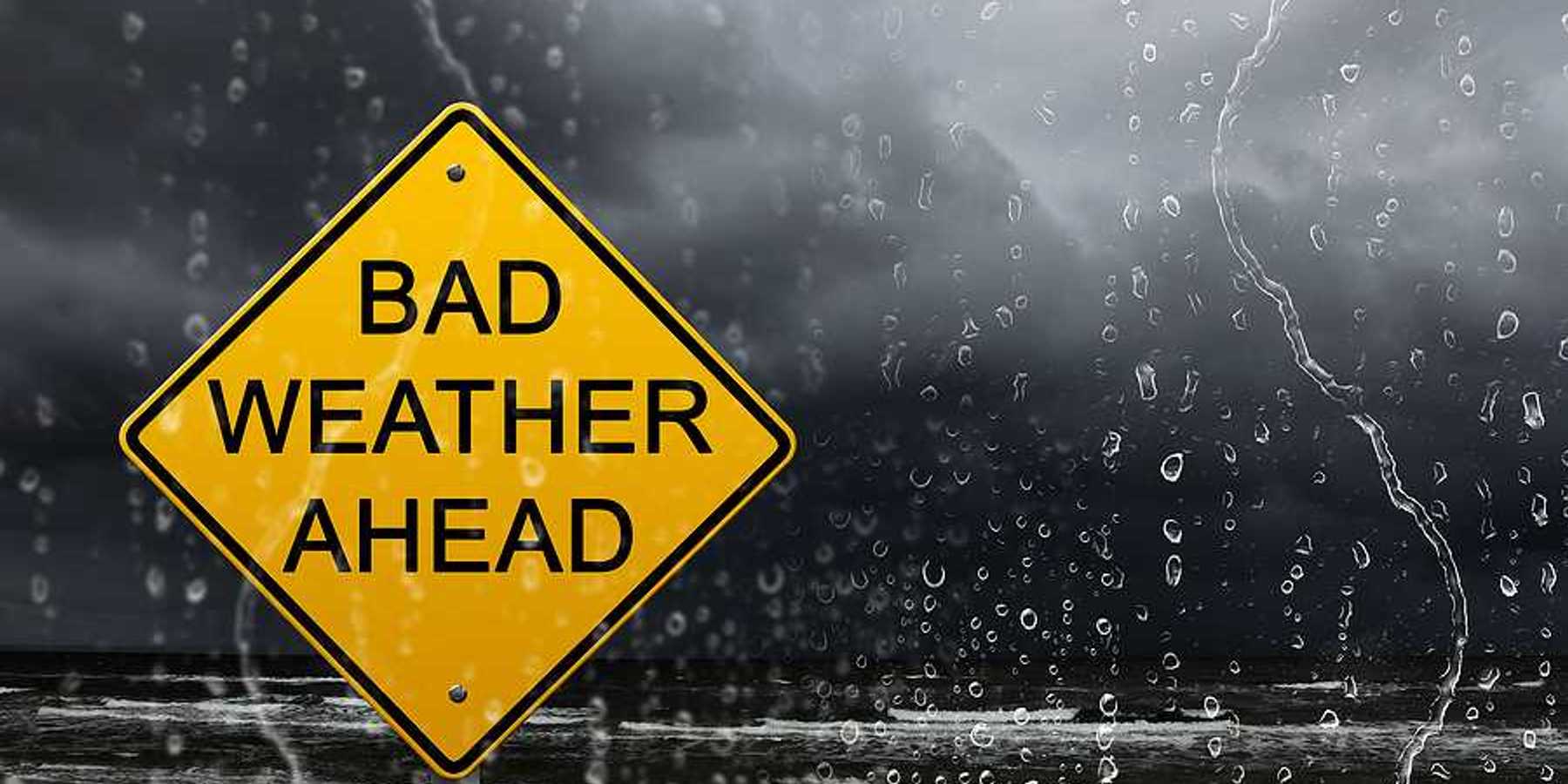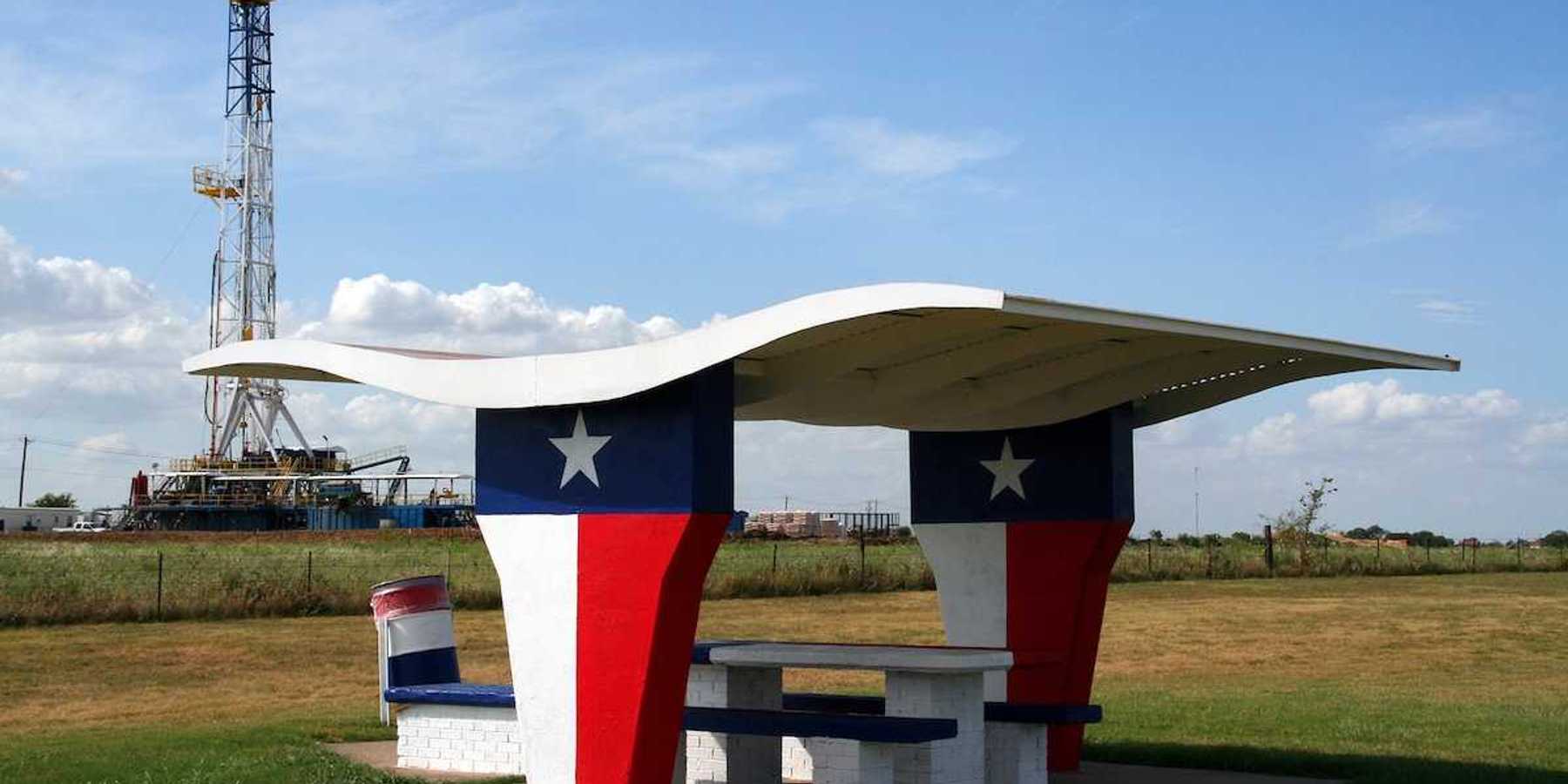Puerto Rico faces dengue emergency amid rising cases
In a bid to curb an unprecedented surge in dengue fever, Puerto Rico declares a public health emergency, highlighting the escalating challenge posed by mosquito-borne diseases globally.
Zoya Teirstein reports for Grist.
In short:
- Puerto Rico's health department records a 140% increase in dengue cases, reaching epidemic levels with 549 cases this year.
- The island's struggle is part of a larger global trend, with climate change and environmental factors contributing to the spread of diseases like dengue.
- Despite the growing threat, efforts to control the outbreak include public education, vaccine campaigns, and innovative mosquito control technologies.
Key quote:
"It’s a complex problem, but climate change, and most importantly consistently increasing temperatures, even in higher elevations, [create] fertile ground for an outbreak."
— Manisha Bhinge, vice president of the Rockefeller Foundation’s Health Initiative
Why this matters:
Dengue fever, a mosquito-borne viral disease, presents a significant health challenge in tropical and subtropical regions worldwide, including Puerto Rico. Characterized by high fever, severe headache, pain behind the eyes, joint and muscle pain, and rash, dengue can progress to more severe forms such as dengue hemorrhagic fever and dengue shock syndrome, potentially leading to death.
Be sure to read EHN’s piece: Pollution, climate change and the global burden of disease.













